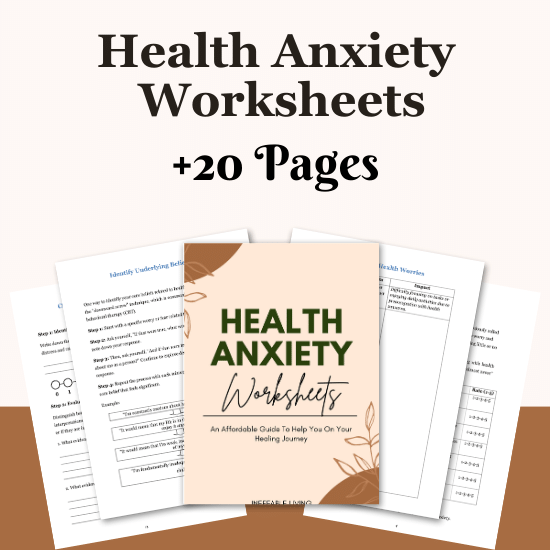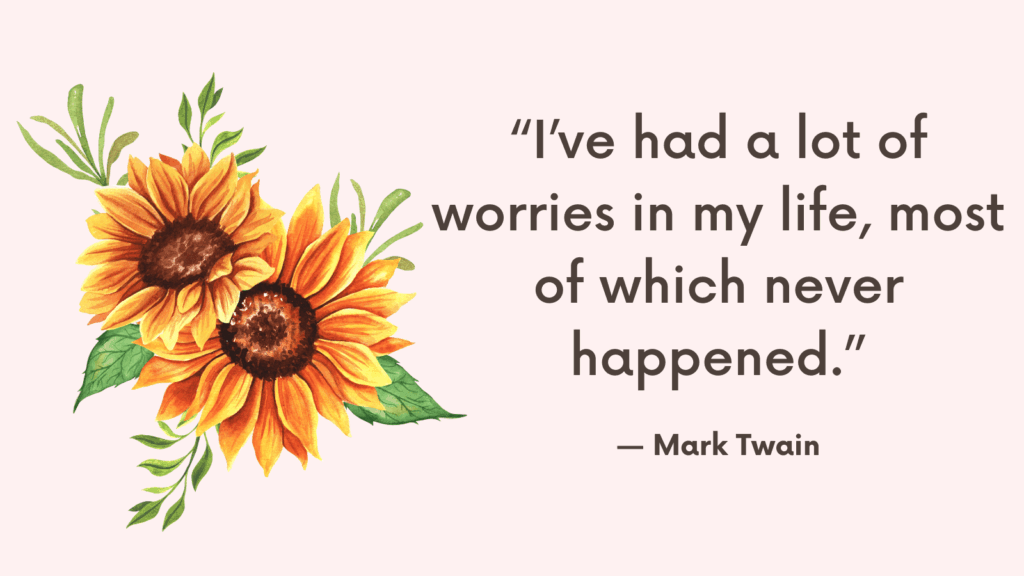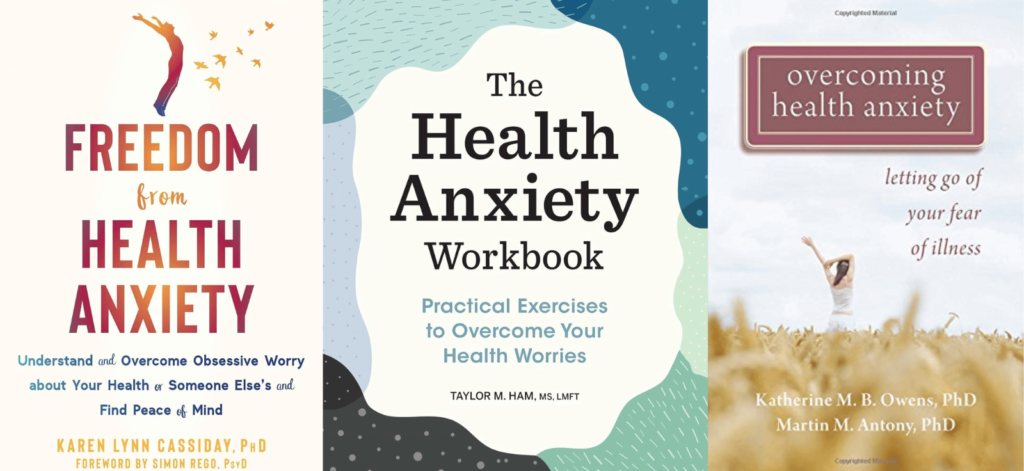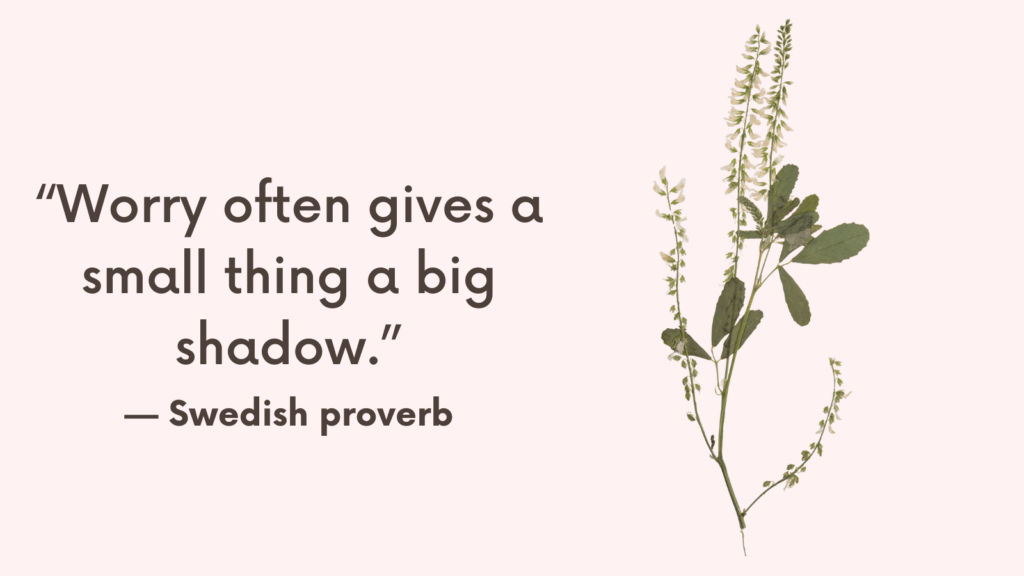Googling symptoms — often called “cyberchondria” or Health anxiety — can quickly spiral from curiosity to panic. What starts as a search for answers can leave you convinced something is seriously wrong. If you find yourself anxious after scrolling through worst-case scenarios, here’s how to calm your mind and regain perspective.
What Is Health Anxiety?
Health anxiety is the excessive fear of being seriously ill, often triggered by physical sensations, minor symptoms, or medical information. People with health anxiety often misinterpret normal bodily changes as signs of danger.
Common Signs of Health Anxiety
- Constantly monitoring your body for symptoms
- Googling symptoms and feeling worse afterward
- Frequent visits to the doctor — or avoiding them entirely out of fear
- Difficulty trusting medical reassurance
- Obsessive thinking about illness or death
- Physical symptoms that worsen under stress (like headaches, fatigue, chest tightness)
Where It Comes From
- Past experiences with illness (personal or observed)
- Trauma or grief related to health or loss
- Anxiety or perfectionism in general
- A strong need for certainty and control
- Unprocessed fears about mortality or vulnerability
Related: Best 7 Health Anxiety Books
Why It Feels So Real
Anxiety activates your body’s stress response — rapid heartbeat, shortness of breath, stomach discomfort — all of which can mimic symptoms of illness. This creates a feedback loop: anxiety triggers physical symptoms → symptoms increase anxiety → more symptoms appear.
How to Calm Yourself After Googling Symptoms?
1. Pause and Breathe
Step away from the screen. Sit still. Take a deep breath in for 4 seconds, hold for 4, and exhale slowly for 6. Do this for a few minutes to signal your nervous system that you’re safe.
2. Acknowledge the Spiral
Say to yourself:
- “I went down the symptom rabbit hole.”
- “I’m feeling anxious, but that doesn’t mean I’m in danger.”
Recognizing the spiral helps you detach from it.
3. Remind Yourself: The Internet Isn’t a Doctor
Online information is general, not personalized. Google doesn’t know your body, your health history, or your unique context. Symptoms like fatigue, headaches, or nausea are common and rarely point to the scariest causes.
Related: How to Cope with Health Anxiety without Medication?
4. Reframe the Thoughts
Try these grounding truths:
- “Many symptoms overlap between minor and serious conditions.”
- “Most things I’m worried about are treatable or temporary.”
- “Worry is not a diagnosis — it’s just a feeling.”
5. Check the Source
Much of what you find online is outdated, alarmist, or not medically reviewed. Ask:
- “Is this from a credible medical source?”
- “Is this article describing rare outcomes or common ones?”
6. Limit Searching to Set Times or Rules
Give yourself a limit like:
- “I will not search symptoms at night.”
- “If I need answers, I’ll write down questions for a real doctor instead of googling.”
Related: Hypochondria: How to Deal with Health Anxiety?
7. Redirect Your Focus
Do something that brings you back to your body or surroundings:
- Drink water, go outside, take a shower, stretch, journal, or talk to a friend.
Physical grounding helps restore calm and clarity.
8. Use a Symptom Diary Instead of the Internet
If something feels off, track it with a journal instead of Google. Note what you’re feeling, when it happens, and anything that helps. This creates real data for a doctor — and helps you stay objective.
9. Remind Yourself: Anxiety Mimics Illness
Racing heart, fatigue, chest tightness, upset stomach — these can all be anxiety, not disease. Remind yourself that fear can produce real sensations.
10. Talk to a Professional
If your health anxiety is frequent and overwhelming, consider speaking to a therapist. You’re not alone — many people struggle with this — and it can be managed with support, awareness, and coping tools.
Related: Best 45 Health Anxiety Affirmations

Conclusion
Googling symptoms might feel helpful in the moment, but it often leads to more fear, not peace. When you replace panic with perspective, you protect both your body and your mind. You deserve reassurance — not alarm. Choose calm over clicks.



